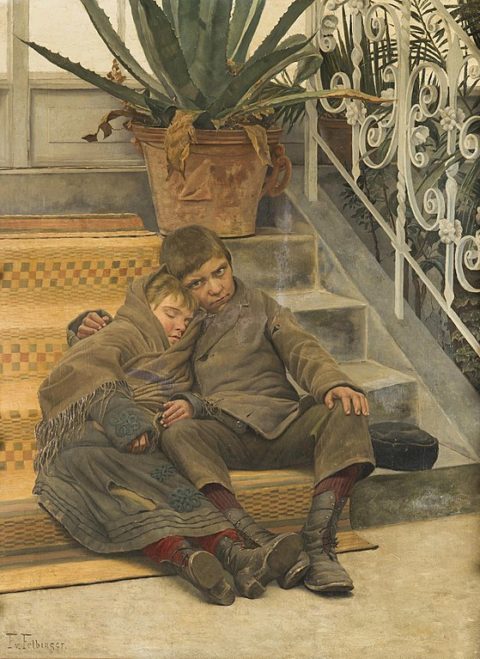Coronavirus is changing America hugely in the here and now–just look outside.
It’s also true that it will have a lasting impact on the country (and the world), and while prediction is hard, especially about the future, there is one obvious impact that will harm both millions of individual Americans and the long term economic health of the nation.
That would be what’s waiting for students graduating this June into a job market that for all intents and purposes won’t exist–likely for months/years to come.
TL:DR: it’s bad. Really bad. There are serious losses of income and long term wealth that produce knock-on effects on health and social factors in the lives of those who, by no fault or action of their own, happen to come into adulthood at just the wrong moment.
At this moment, we’re diving into what looks like a deep economic disaster that will wreck the dreams of millions of kids just getting started, and we are doing so because the Republican leadership botched both short and long term plans for a predictable event. This is social misery that is about to happen as a direct result of political choices made by Donald Trump and 40 years of decisions by Republican elected officials. We will need to drive that point home, until being a Republican ranks in popular estimation a couple of rungs below refurbished condom retailer.
To our sorrow, there’s a fair amount of research on the natural experiments we’ve already endured that shwo what starting one’s career in such a moment does to both short term and longer prospects. In 2006, a paper looking at Canadian college graduates between 1982 and 1999 showed that recessions have a significant impact on new graduates:
Our main results suggest that the average worker graduating college in a recession faces earnings losses that are very persistent but not permanent. On average, a two standard deviation increase in the unemployment rate (roughly comparing the difference between those exiting college in a bust versus boom) leads to an initial wage gap of about 10 percent. This gap declines relatively slowly, and fades to zero after about the eighth year. Controlling for unemployment rate conditions after the first year of labor market entry, we also conclude that virtually all of the wage deficit can be attributed to the unemployment rate variation in the very first year after leaving school.
Graduating at the wrong time affects the shape of careers; timing matters, in that the newest graduates suffer more than those with a toe-hold in the job market; finally, that average 10% loss masks the differential effects by income level. As usual, the poor suffer more (from the non-technical summary):



